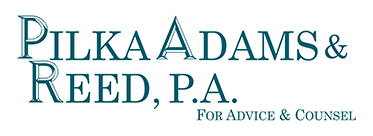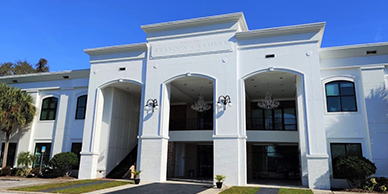Many Florida residents live in condominiums or have homes in communities that are governed by an elected board of officials. This adds to the possible legal issues that can arise. A Homeowners Association can sometimes do things that HOA residents are not necessarily aware of (if they fail to thoroughly read their contracts) such as charge a security deposit to renters.
An HOA security deposit would be in addition to the typical security deposit required by a landlord to rent a property. In other words, a tenant renting a property in an HOA community may wind up paying two security deposits. The HOA deposit would be intended to cover the association’s common elements or areas that may be used by the tenant.
There is no cap for HOA security deposits
An HOA, as opposed to a condominium association, may charge however much it wants for a security deposit as long as it’s reasonable. This ambiguous phrase leaves room for many legal complications and disputes. A tenant may define “reasonable” differently than HOA officials define it. An association’s governing documents must clearly state its authority to charge a security deposit in addition to the one required by a landlord. With respect to condominium associations, the security deposit cannot exceed one month’s rent.
Additional legal issues may be relevant for tenants in association communities
A rental agreement between a tenant and landlord in a community governed under HOA rules may be more complex than a basic contract in a non-HOA community. Issues such as investment caps, estoppel certificates, capital contribution and transfer fees and more must be fully understood by all parties to avoid legal disputes. Any tenant currently facing legal problems regarding an HOA rental property can seek legal guidance and support from an experienced real estate law attorney.

